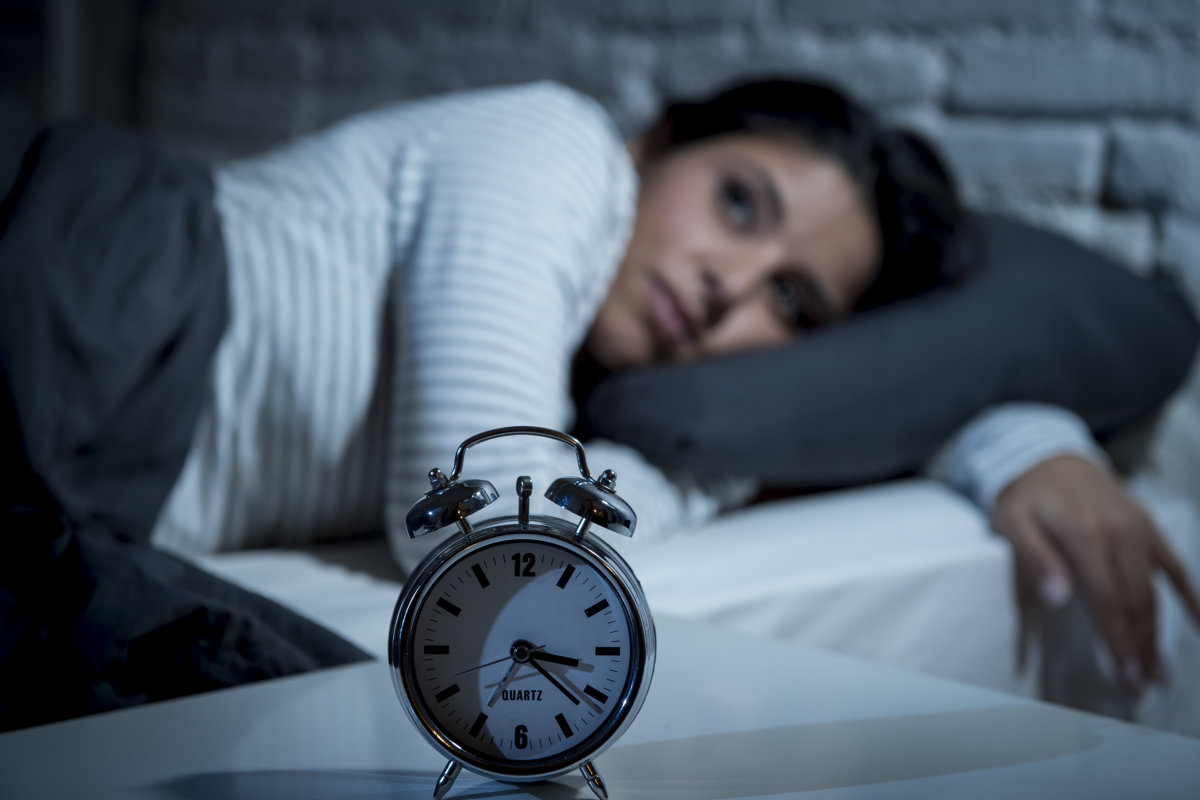How long do you think it takes you to fall asleep? 5 minutes, 15 minutes, 30 minutes or even more?
According to our new research, in partnership with Northumbria University and carried out by Professor Jason Ellis, the time it takes us to drop off to sleep at night is a key indicator of our sleep health.
The study – published in volume 2018:10 edition of the Nature of Science and Sleep journal – found that how quickly we think we fall asleep, or ‘sleep latency’, is a very good indicator of our overall sleep health followed by how long it actually took to get off to sleep.
The research shows that those who think they fall asleep within 10 to 15 minutes of their head touching the pillow are more likely to have good sleep health. Longer than 15 minutes and sleep health may be under pressure.
If it takes longer than 30 minutes to nod off, you sleep efficiency drops; if you fall asleep as soon as your head touches the pillow, it’s a sign you’re in sleep debt. Ten to 20 minutes is quoted as the normal amount of time it should take you to fall asleep.
The more you focus on getting off to sleep at night, the more likely it is to evade you. Trying to sleep is likely to make you physically and emotionally tense, so if you are overly monitoring how long it is taking you to fall asleep, it’s potentially an indicator that your sleep health may need attention.
The idea behind the Healthy Sleep Project is to concentrate on the large number of people – who don’t have a sleep disorder but could be sleeping better – with some simple action points that can be taken to improve wellbeing.
*The research was carried out on 83 individuals aged 18 to 65 from the North of England with no history of sleep disorders, chronic physical or psychiatric illnesses or substance misuse.
The data gathering methods included surveys, sleep diaries, actigraphy – which involved participants wearing small movement measurement devices for two weeks – and two nights laboratory analysis using polysomnography (PSG) to monitor sleep.
The Healthy Sleep Project is now continuing with Northumbria University further investigating links between sleep health and perceived sleep latency as well as looking at the physical and psychological benefits of good sleep health. Final results are expected in March 2019.

